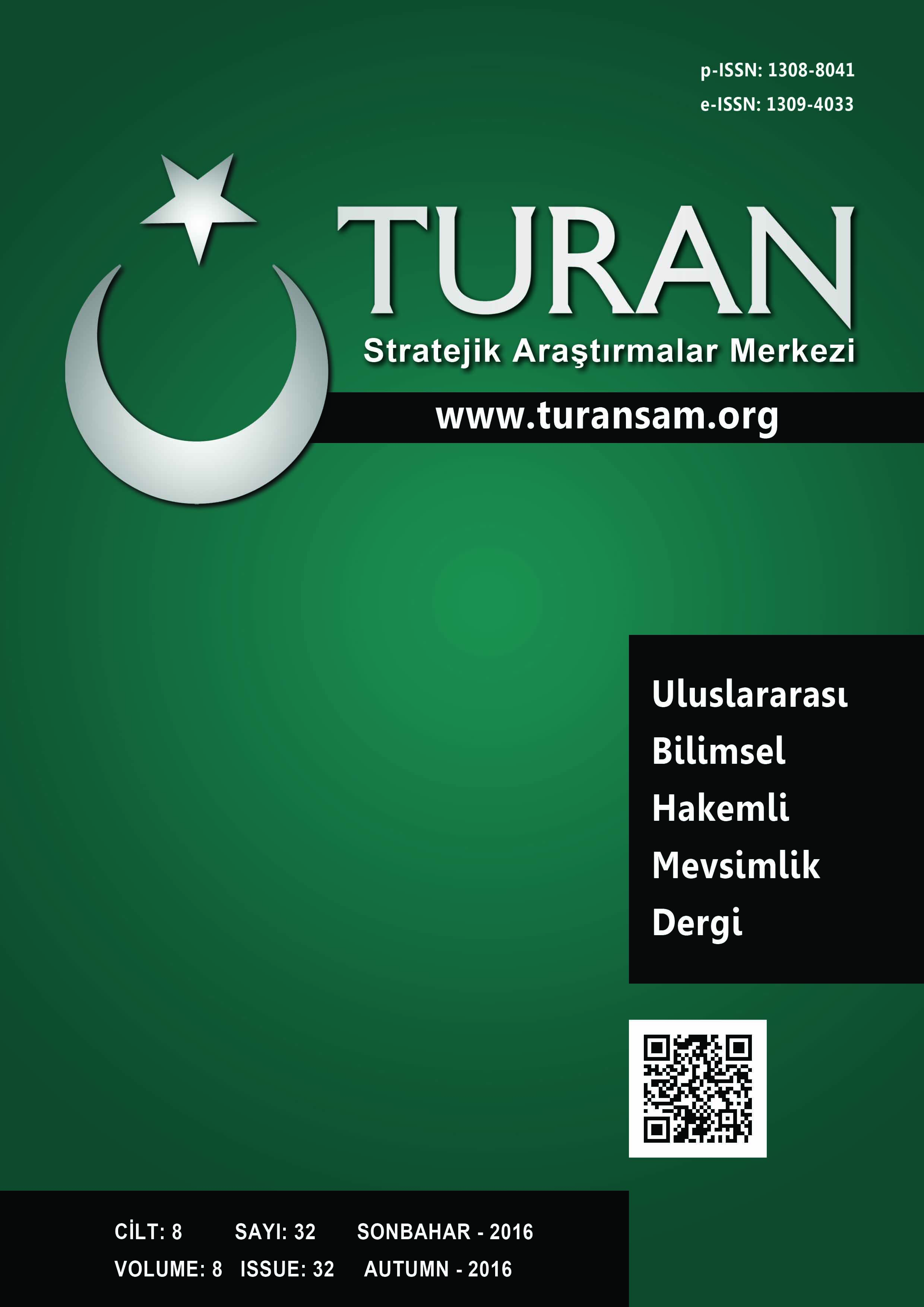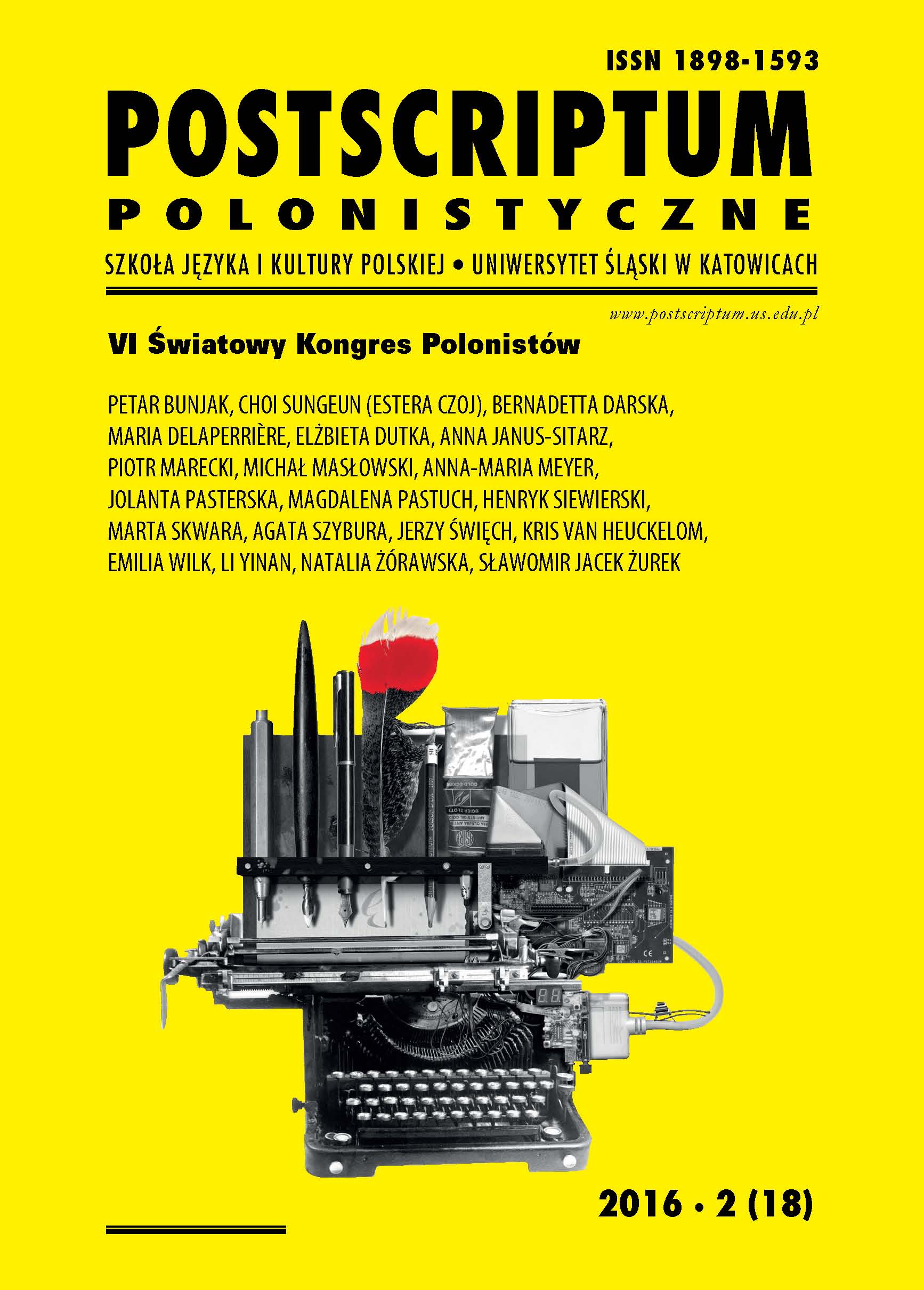
DOBRUCA’DA TÜRK VARLIĞI VE BİRİNCİ DÜNYA SAVAŞI ESNASINDA HAZIRLANAN RAPOR ÜZERİNE KISA BİR DEĞERLENDİRME
According to the Berlin Treaty that was signed at the end of the First World War, northern Dobrogea had given to Romania and southern Dobrogea had given to Bulgaria. Bulgaria had left southern Dobrogea to Romania with regard to Bucharest Treaty, southern Dobrogea was given back to Bulgaria under the pressure of Germany. Between 1913 and 1940, Romenian government wanted to turned the region into a Roman area. Romania and Bulgaria has respected the rights of Turks due to obeying the provisions of the Berlin Treaty and low number of their population but later then, Turks were forced to emigrate to Turkey. It was appeared that Ottoman Empire had produced a number of policies in order to turn the deplorable situation of Balkans to Ottoman Empire’s advantage and in desire to had an administrative center in Dobrogea, seperately or with the partnership of Germany and Bulgaria. For this purpose, various reports for population of Dobrogea had been prepared. In 1917/1918’s, Dobrogean Turks had started to migrate to Anatolia in groups and at the same time, Ottoman Inspector Mehmet Ali had been in Dobrogea for investigation of the region. The report that was prepared by him has given information about demographical structure of the region, Muslim households and propagandas of Romenian and Bulgarian Governments.
More...
